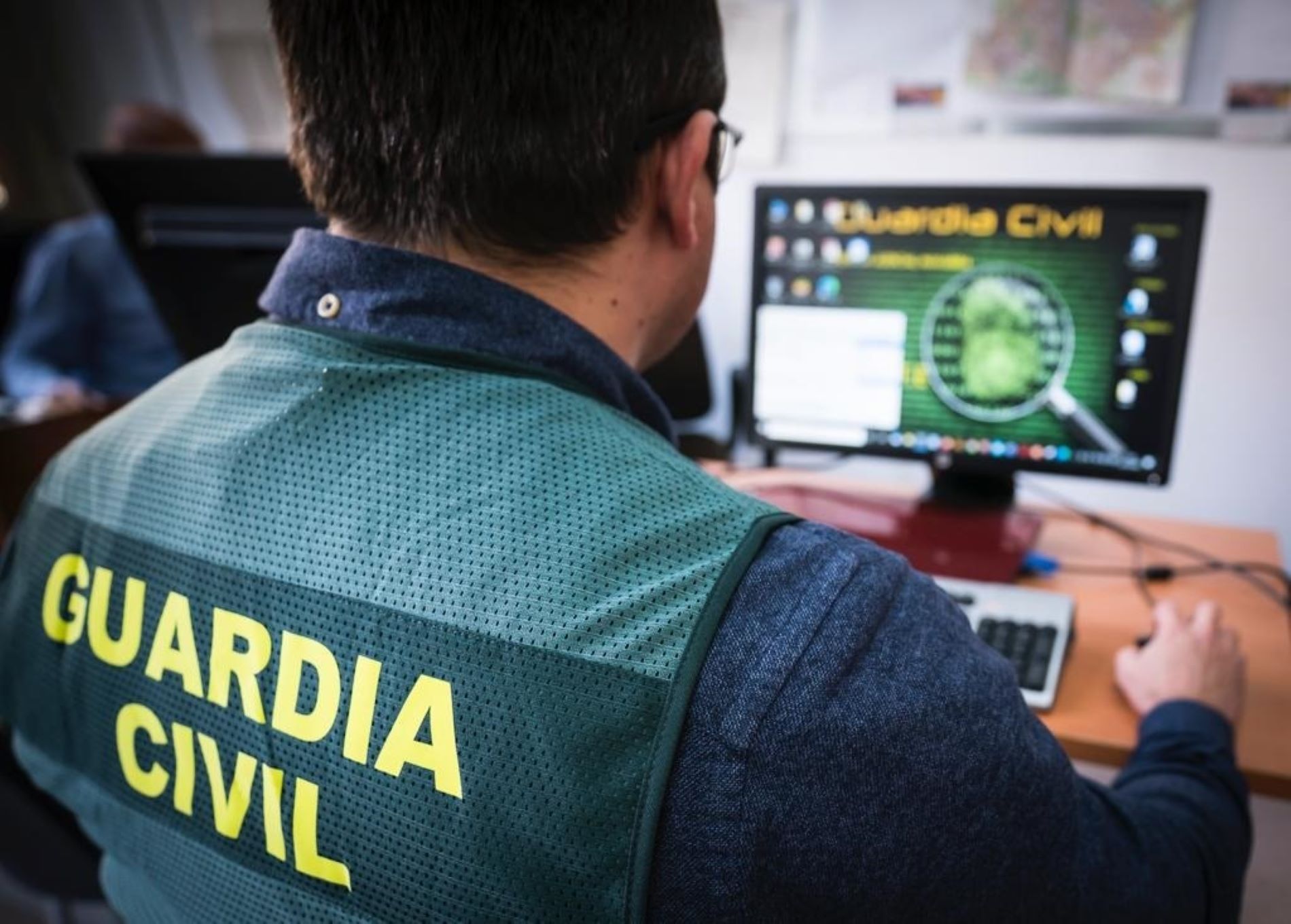Two weeks ago, an exhibition organized by Spain's paramilitary security force, the Civil Guard, caused a lot of anger in Castilla y León, the autonomous community where the right-wing People's Party and far-right Vox govern, and the indignation has continued to spread. In the historical exhibition, the members of the anti-Francoist resistance after Spain's Civil War were referred to as sublevados - literally, people who rose up against authority, that is, rebels. On the other hand, the information about the event that started the Civil War, the military coup of 1936, which was an uprising and military insurrection - or sublevación - is suppressed, and the most usual terminology is avoided. Now, days later, the Civil Guard has recognized its mistakes and rectified them. Specifically, the body's highest authorities admit an "inaccuracy, mistake or inappropriate expression" to refer to those who resisted Franco as rebels, while not using this terms for the perpetrators of the coup d'état.
Civil Guard expresses pride in its anti-Francoism
The digital daily eldiario.es reported this exhibition, organised to mark the October 12th holiday, the day of the Virgin of the Pilar - patron saint of the Civil Guard - and now, the paramilitary force has gone out of its way to state its gratitude to the media that pointed out the inaccurancies, announcing that it will correct and adapt the content of the exhibition based on Spain's new Law of Democratic Memory that has been passed in recent days. Thus, in the exhibit dedicated to the role of the Civil Guard after the war, explaining how the body fought against the anti-Franco resistance, better known as the Maquis, changes will be made. In this panel, the security force described these anti-Franco fighters as a threat that would not be eliminated until 1942, three years after Franco defeated the Spanish Republic, but calls them sublevados, or rebels - turning the historical tables, since both in terms of rising up against a democratic government and in terms of the accepted usage in Spain, the sublevados were the organizers of the 1936 coup d'état.
Now, as the Castilla y León edition of eldiario.es has published, the Civil Guard leadership recognizes that although the content of the exhibition is subject to constant review, an "inappropriate expression" slipped in about these post-war guerrillas. In addition, the paramilitary force has tried to clarify all the doubts surrounding its work, affirming that they are committed to democratic memory and highlighting that they have worked in recent years to remove all the symbols of the Franco era that still remain in Spain, more than 50 years after the dictator's death.
New democratic memory law
This month of October, the Law of Democratic Memory received its final approval in the Spanish Senate, without the PSOE having to accept any of the amendments proposed by ERC to toughen it up. The legislation aims to strengthen the Spanish state's commitment to the search for missing persons from the Civil War and the Franco regime, while also open the door to studying possible human rights violations between 1978 and the end of 1983 - instead of setting 1978 as the limit for admitting human rights breaches. The text was agreed with EH Bildu, Más País, PDeCAT and PNB at the beginning, and in the upper house was passed with 128 votes in favour, 113 against and 18 abstentions. The Senate rejected both the objections from the right - People's Party, Vox, Ciudadanos and UPN - in the same way that it discarded the 521 amendments to the text that came from the lower house. One of the families most affected by this law is the Franco family, which will lose its duchy, despite the opposition to this move by its members.

